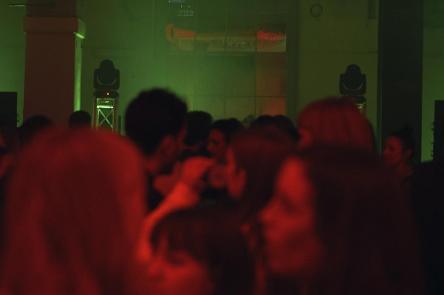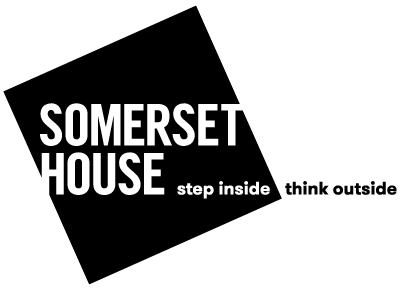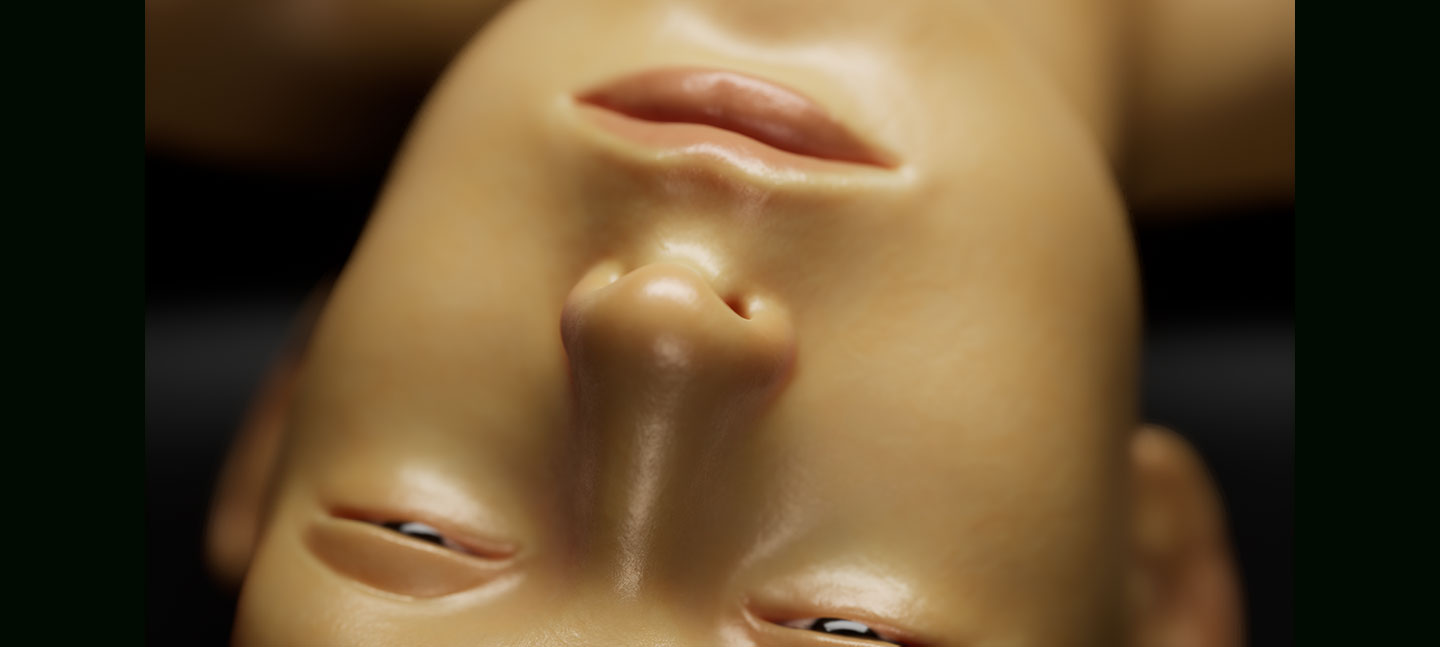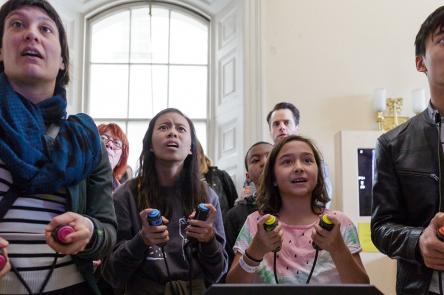Contributors
Alex Fefegha
Alex is the co-founder & head creative technologist at Comuzi, a future focused creative technology agency, working at the intersection of emerging technology and humans. Some of Comuzi's clients include Nike, ASOS, Uber, BBC, University of Arts London, Ustwo, Moramma and the NHS.
Josie Young
Josie Young advocates for designing Artificial Intelligence (AI) products and systems using ethical and feminist principles. In 2017, she developed and tested a design process for building feminist chatbots. Josie works in London at Methods, leading work to understand the most ethical and appropriate ways to deploy AI in the public sector.
Charlotte Webb
Dr Charlotte Webb is co-founder of Feminist Internet and acting course leader at the Creative Computing Institute, UAL. Recently nominated by the Evening Standard as one of the most influential people in Technology and Science in London, she is passionate about making the internet a more equal place through creative, critical practice.
Hosts
Clara Finnigan
Clara is a writer, podcaster and founding member of the Feminist Internet. Clara’s work is focused on facilitating alternative and under represented dialogues in new and accessible ways. She is also the co-founder and editor of a new music journalism platform, Hook - which explores how music is made, how it is consumed, and what it does to us emotionally, socially and physically.
Eden Clark
Eden is a digital collage artist, performer, and a founding member of feminist internet. Her practice uses a character (@femminancybitch69) to parody [post] feminist narratives that infiltrate popular culture and capitalist marketing strategies. Her interests lie in high-femme pop culture, memes, and how to make the internet a fairer place for all!
The Feminist Internet Podcast was commissioned and produced by Somerset House Studios with the support of the UAL Creative Computing Institute.
Here is the re-launch of the first Feminist Internet podcast episode, Recoding Voice Technology. Following its initial launch, we were made aware that one contributor has separately expressed views we do not align ourselves with. After much discussion and in recognition that this inclusion has upset some in our networks, we support the decision to remove this contributor’s segment from the episode. Enjoy!









